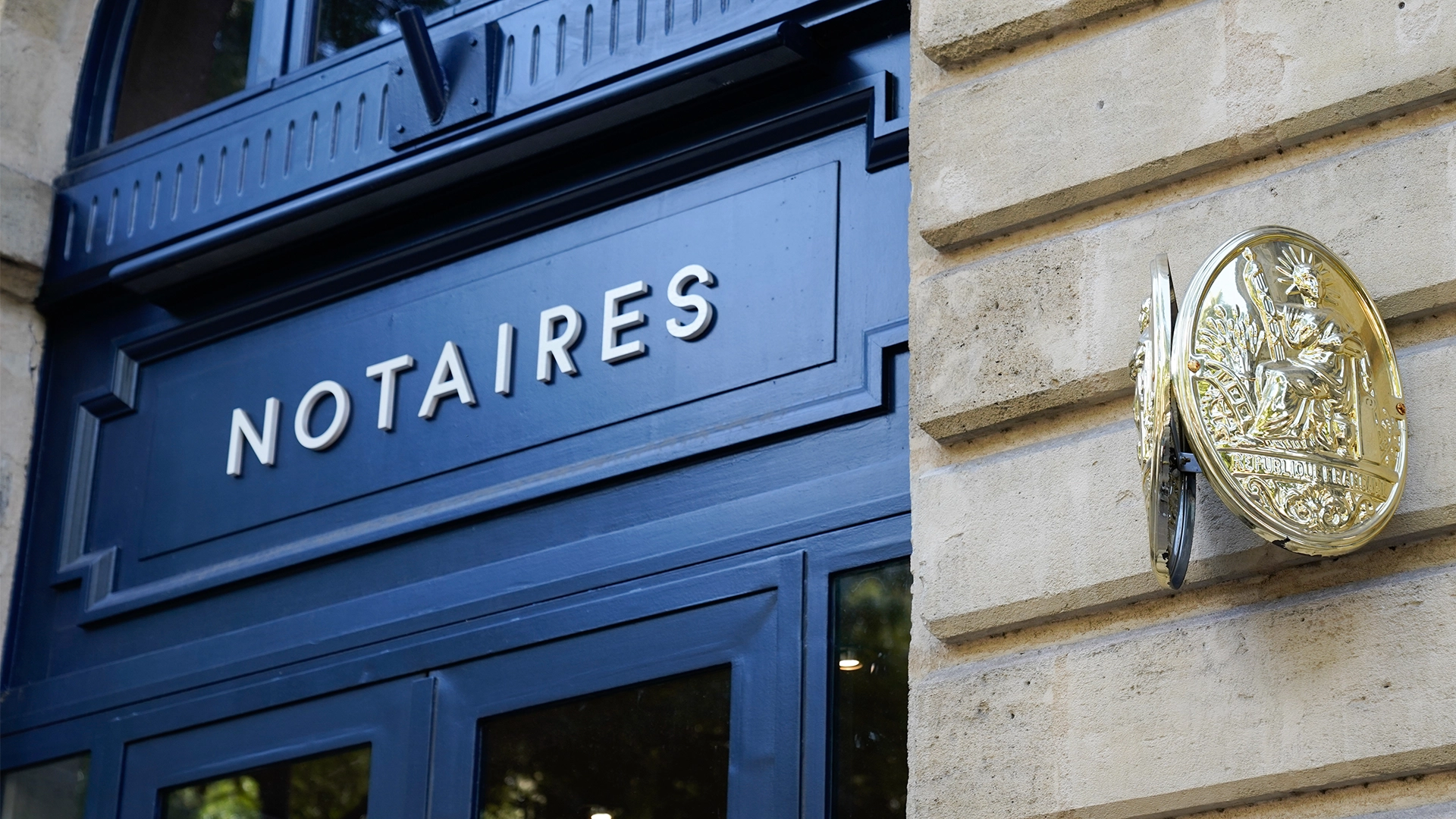
The purchase of a property often represents a key step in a project, but it also significantly impacts your budget. In addition to the purchase price, another important expense deserves your attention: notary fees. Whether you are a first-time buyer or an experienced investor, it is crucial to understand these fees and their impact on your project to avoid any unpleasant surprises.
What are notary fees?
The term "notary fees" actually refers to a set of fees related to the acquisition of a property. Although they are collected by the notary, they do not represent his or her remuneration per se. Notary fees mainly consist of taxes and transfer duties, as well as other administrative expenses related to the transaction. In short, the notary acts as an intermediary to collect these amounts on behalf of the State, local authorities, and other entities.
Notary fees typically represent between 7% and 8% of the purchase price of an older property, and about 2% to 3% for new properties. The difference is explained by the fact that notary fees are higher for old properties due to transfer duties, which are greater than for new properties. However, the buyer must also take these fees into account in their overall financing calculation.
Composition of notary fees
Notary fees can be broken down into several distinct components:
Transfer duties (or land publicity tax)
This is the most significant part of notary fees. They consist of transfer duties owed by the buyer during the real estate transaction. These taxes vary depending on the location of the property, as they are calculated based on a percentage of the property's sale price.
- For older properties: The tax is generally around 5.8% (on average) of the purchase price in most French departments.
- For new properties: This tax is lower (2% to 3%), as it is a value-added tax (VAT) that applies to new properties and transactions carried out by real estate developers.
Notary's fees
This refers to the remuneration the notary receives for managing the administrative aspects of the transaction and for drafting the notarial deed. These fees are calculated according to a decreasing scale, based on the purchase price of the property. The more expensive the property, the lower the percentage applied. The notary thus receives remuneration proportional to the value of the property, but the percentage decreases as the price increases.
Disbursements
These are sums that the notary must advance on behalf of the buyer as part of the transaction, such as fees for administrative formalities, requests for cadastral information, copies of deeds, etc. These fees are not subject to VAT and vary depending on the necessary steps to prepare the deed.
Land publicity fees
These fees correspond to the costs associated with recording the transaction and updating land registers, which ensures the legal security of the sale. The amount of these fees is generally quite modest, but they are an integral part of notary fees.
Notary fees in older and new properties
One of the main differences between the acquisition of real estate in the older and newer sectors lies in the proportion of notary fees. For an older property, these fees can reach 7% to 8% of the purchase price, while for a new property, they will be much lower, around 2% to 3%.
Purchasing in the older sector
The older sector is the most commonly purchased type of property, particularly due to the diversity of available properties. However, notary fees are higher here, as the calculation of the transfer tax is based on a higher amount. For example, for a property purchased for €300,000, the notary fees could exceed €20,000.
Purchasing in the new sector
In the new sector, notary fees are reduced, as the buyer does not have to pay the same transfer tax. However, they must, in turn, pay VAT on the price of the property, which is 20% in France, directly influencing the sale price. For a property purchased for €300,000 in the new sector, notary fees will therefore be significantly lower, in the range of €6,000 to €9,000.
Anticipating notary fees to succeed in your real estate project
Notary fees are an essential aspect of any real estate project, whether it is intended for primary residence or rental investment. Although they represent a significant amount, they ensure the legal security of the transaction and the regularity of the sales deed. During your acquisition, it is crucial to factor them into your overall budget. By understanding their composition and impact, you can better plan your real estate project and manage costs. Finally, do not hesitate to consult a notary or a real estate advisor, such as Michael Zingraf Real Estate, an expert in prestige real estate on the Côte d'Azur, in France and internationally, to optimize this step and succeed in your real estate investment under the best conditions.



